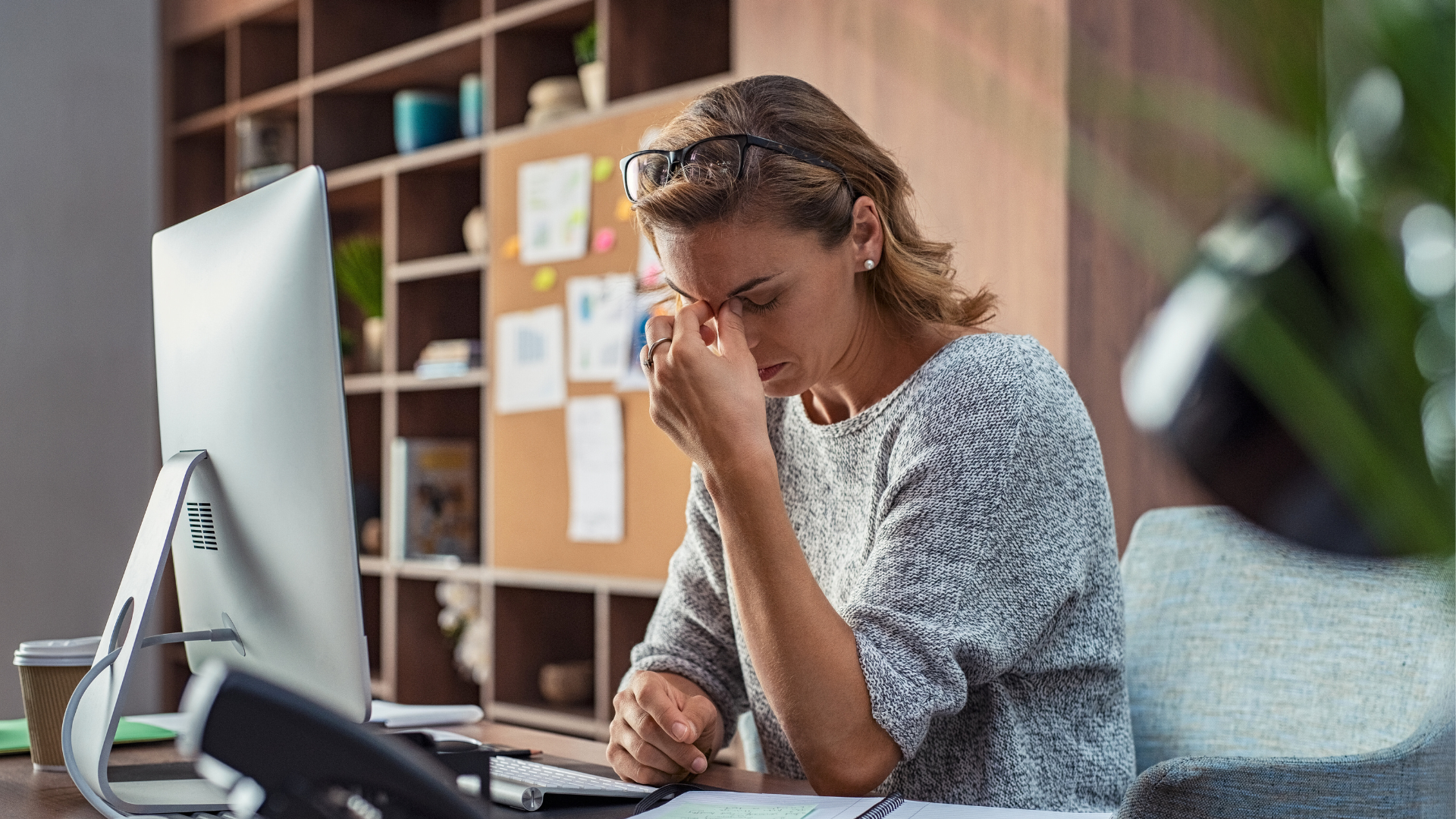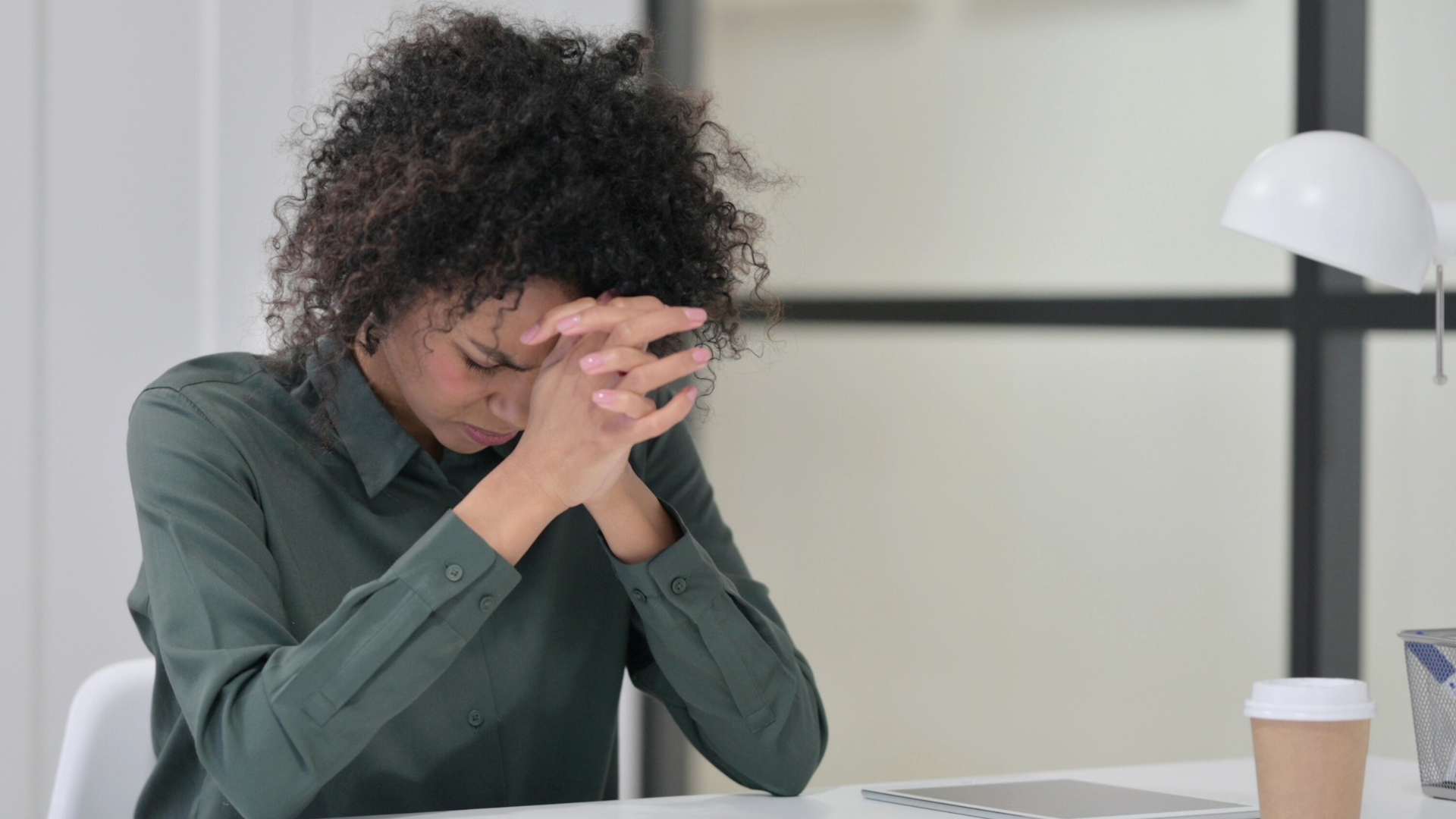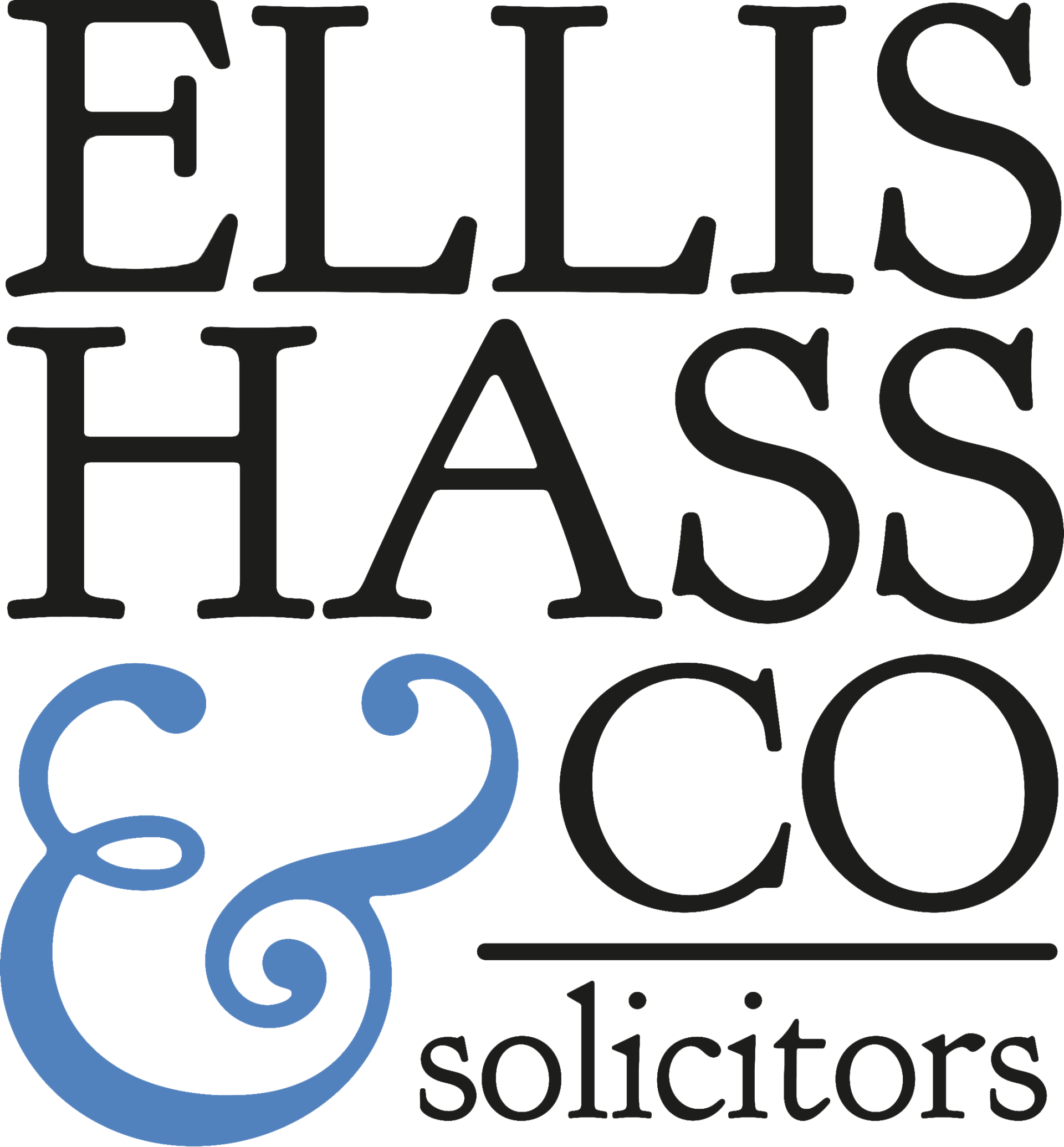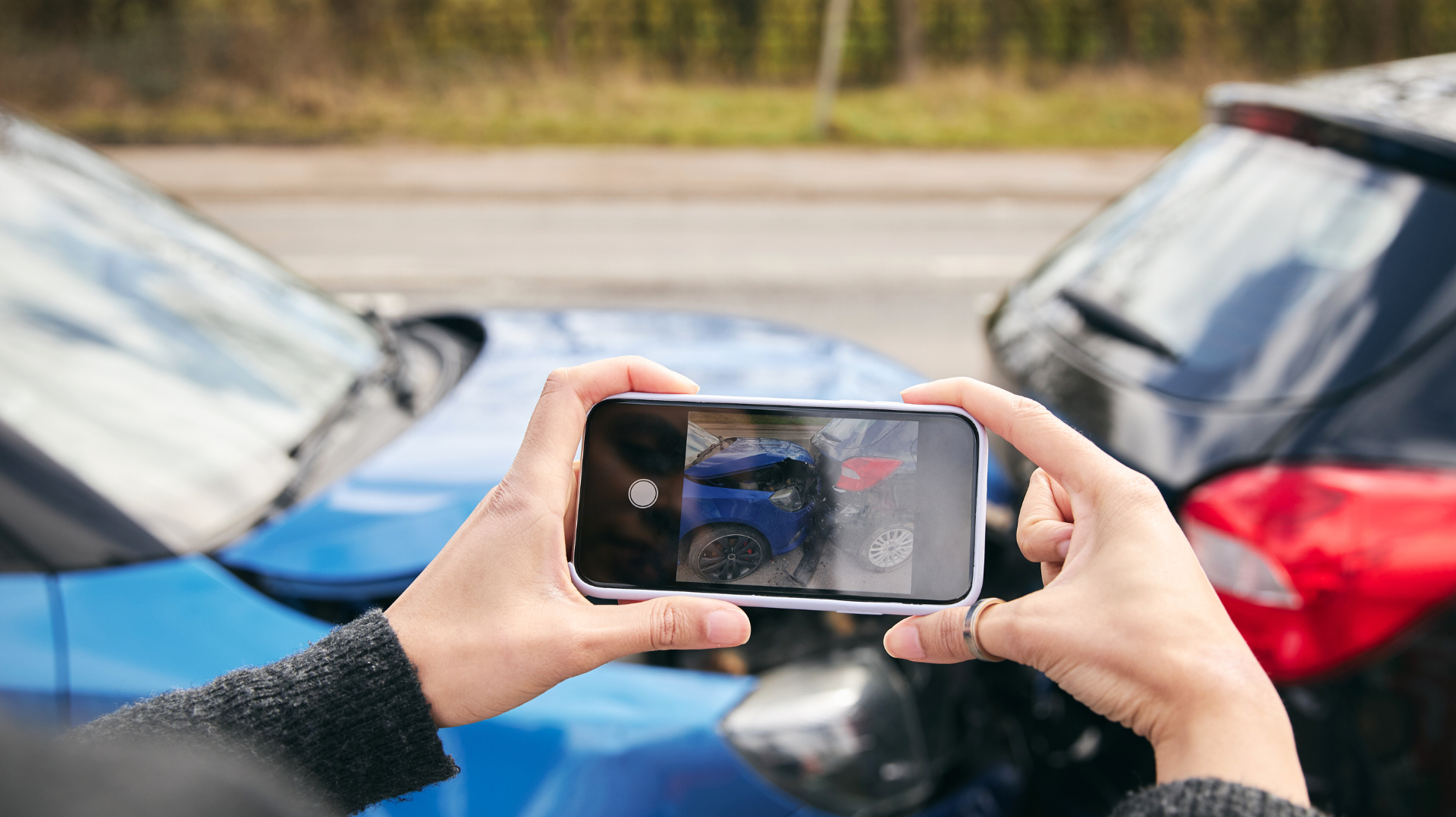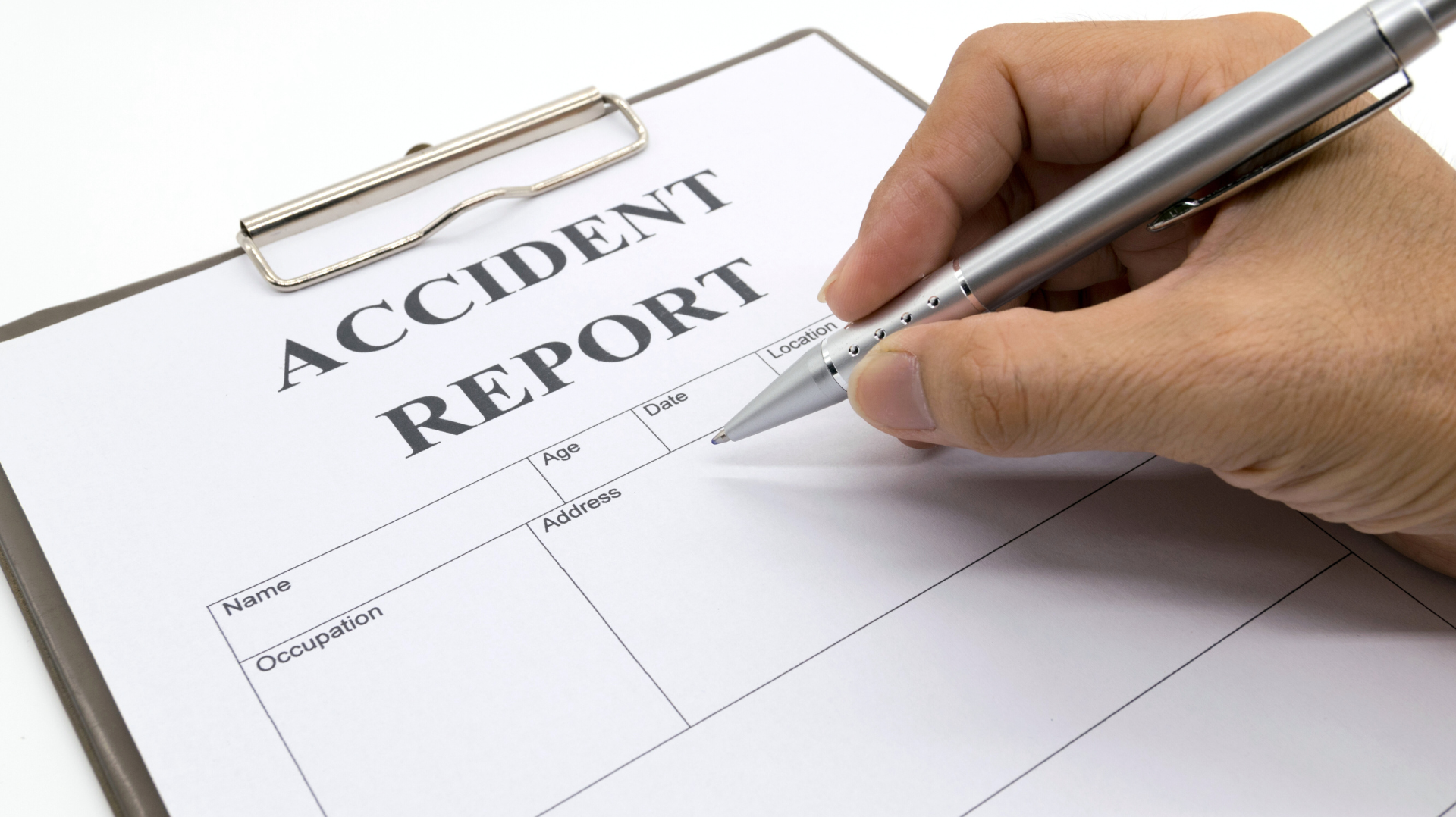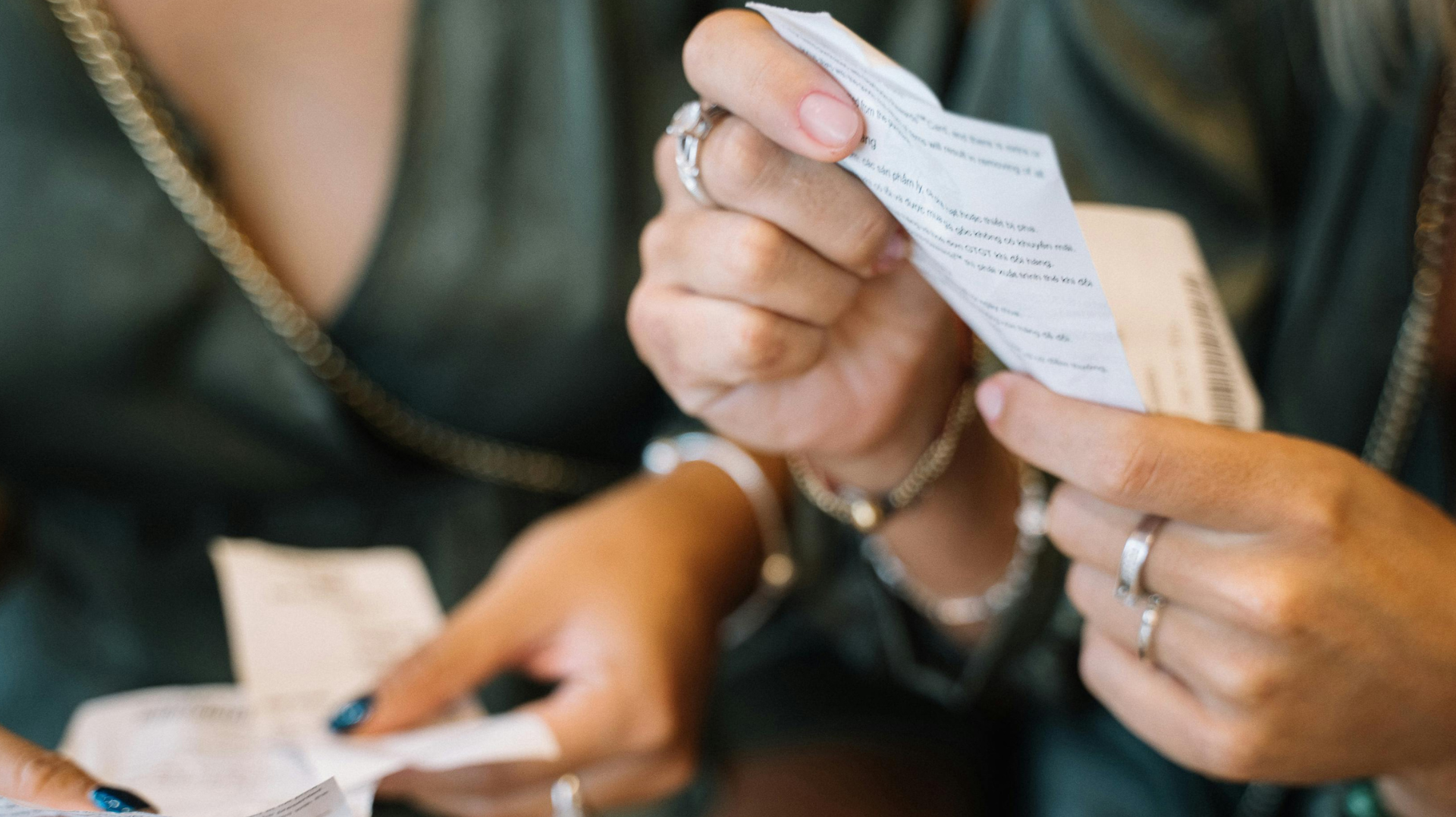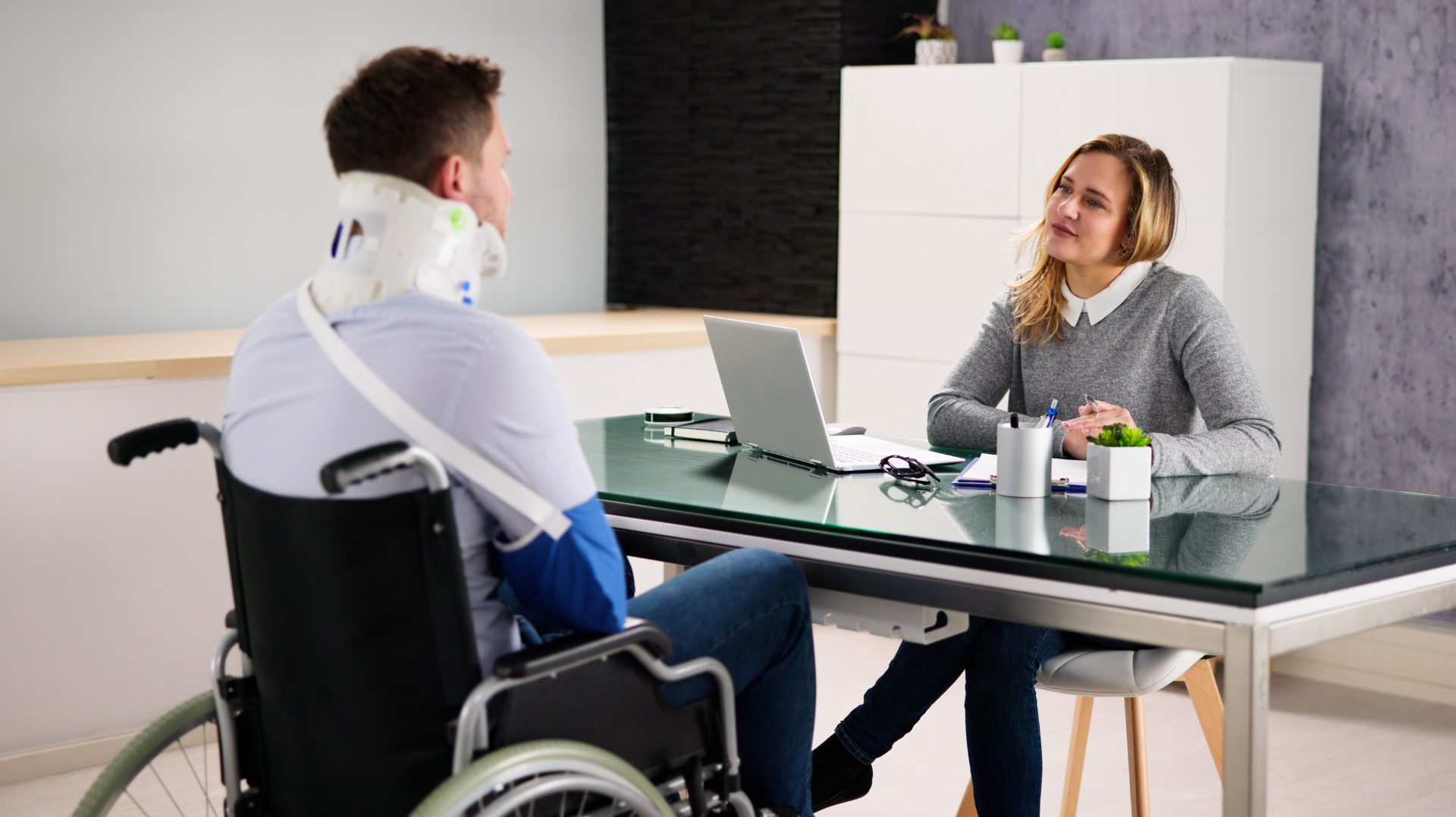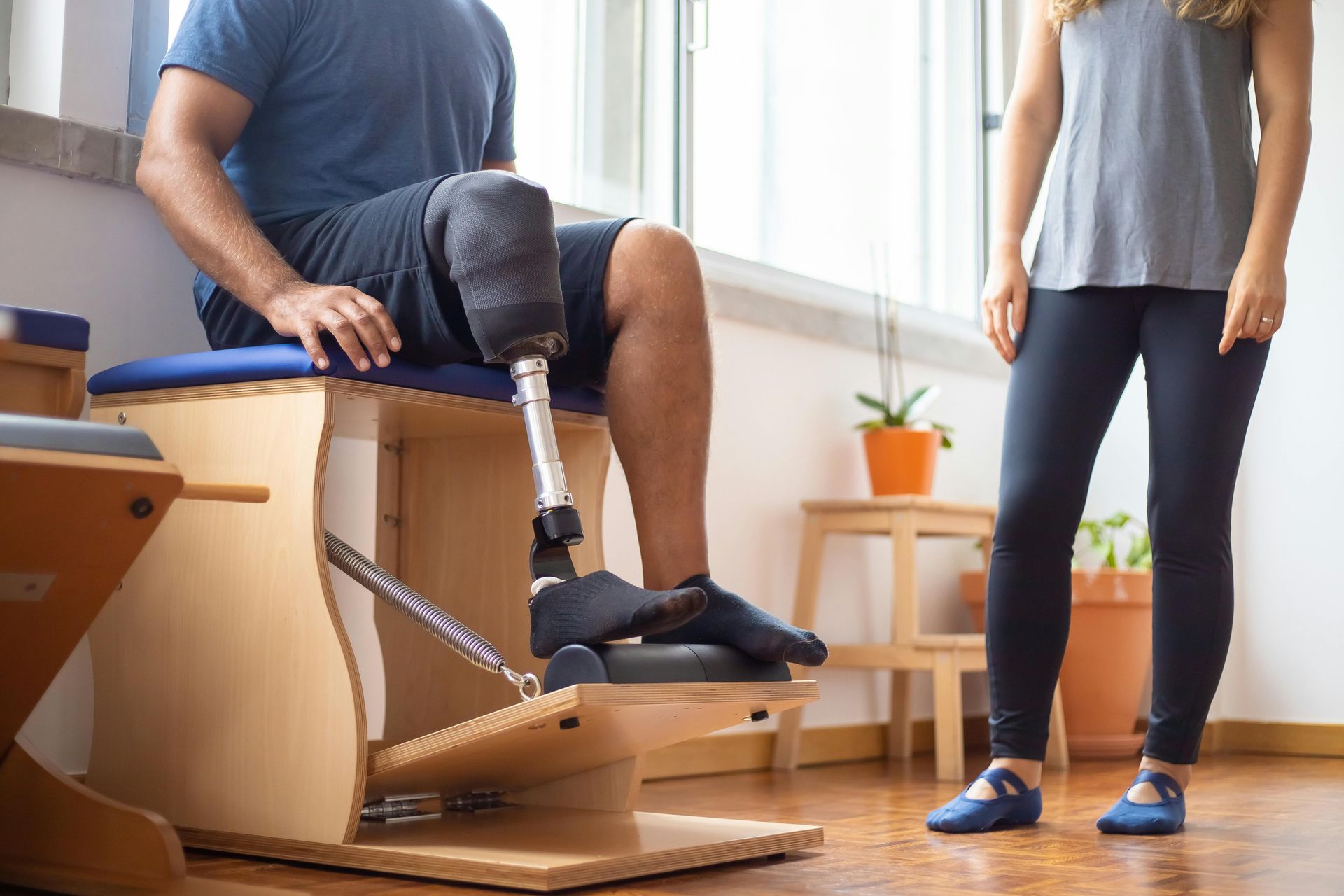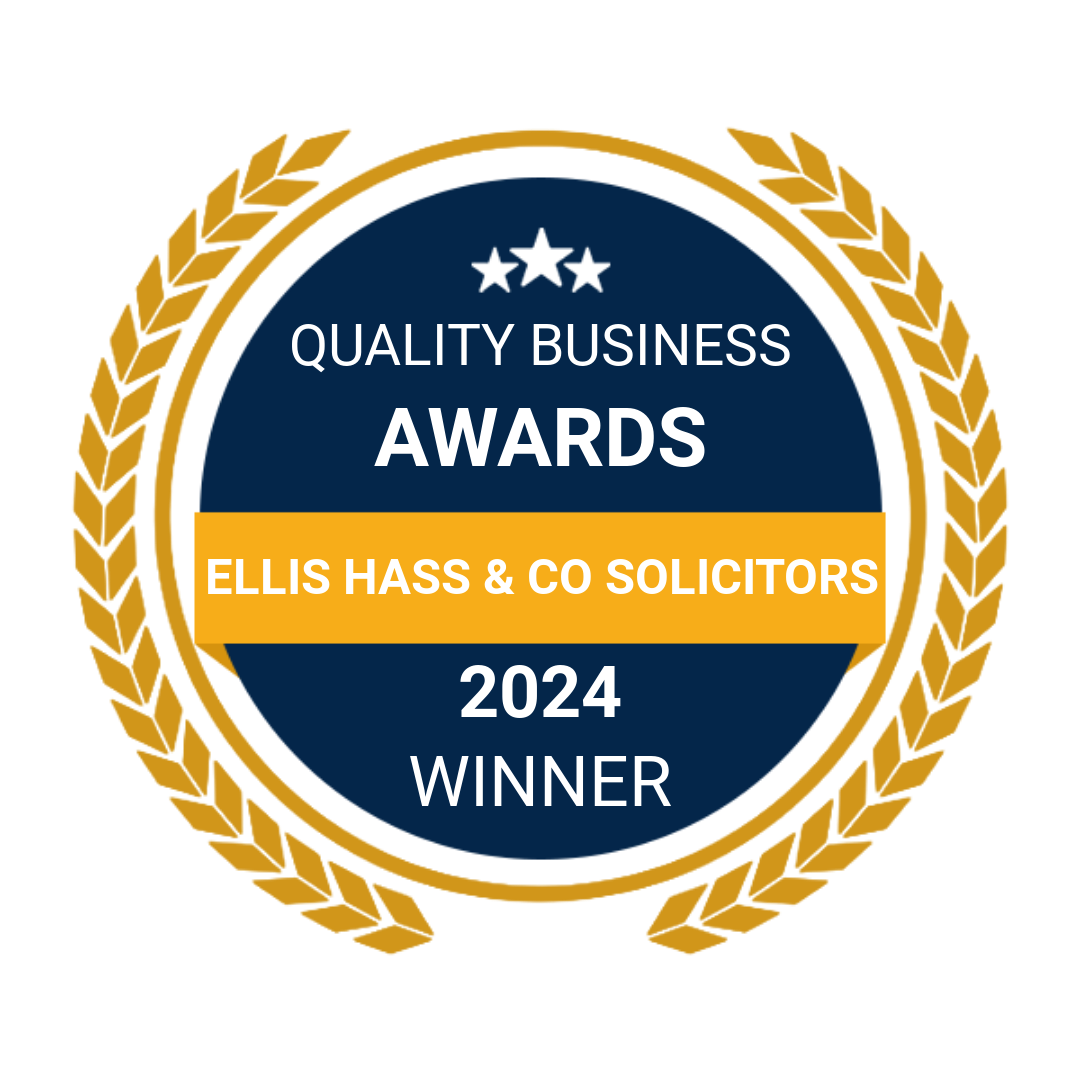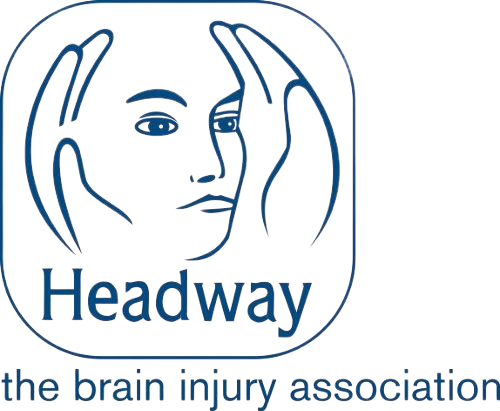Personal Injury Claims: Do I Have Enough Evidence? (2025 Checklist)
Personal Injury Claim Evidence Checklist 2025
Personal Injury Claim Checklist: Types of Evidence and Available Support For Your Next Claim
Most people never start a personal injury claim because they worry they do not have enough evidence. Perhaps you slipped in a supermarket, but in the shock you did not think to take a photo of the wet floor.
Maybe you were injured in a road accident and only realised days later that you forgot to ask for witness details. Or you might be facing the heartbreak of losing someone you love and wondering if it is even possible to prove what happened.
If you are asking yourself, “What if I do not have proof?”, you are not alone. Many people assume their case is too weak without clear evidence. This worry stops them from moving forward, even when they may be entitled to real support.
The truth is, you probably have more than you realise. Accidents often leave a trail, even if you did not gather everything at the time. Medical records, emails, photos, receipts or even old text messages can all help show what happened. Small details, like a quick photo, a receipt or a short note, can make a big difference.
If you feel something is missing, do not let that hold you back. A trusted solicitor can help uncover what is still available, fill in any gaps and give you clear advice about what to do next.
This checklist will walk you through what counts as evidence, the most useful proof for different types of personal injury claims, and how to protect your position so you do not miss out on the help and support you deserve.
For a complete step-by-step overview of how claims work, you can also read our
Personal Injury Claims: Complete UK Guide 2025.
Evidence for Personal Injury Claim 2025
What Counts as Proof for a Personal Injury Claim: Photos, Reports and Statements
Many people worry they do not have enough to prove their case, but you may have more than you think. Even if you did not collect everything at the time, accidents often leave trails that can still help you show what really happened.
Use this checklist to see what counts as useful proof for a personal injury claim. You do not need every item. Gather what you can and keep it safe.
Personal Injury Law Experts UK
You Do Not Have to Do This Alone - We Are Here To Discuss Your Claim
At Ellis Hass & Co Solicitors, we have supported clients across the UK for many years with clear, practical advice on personal injury claims. Our team is known for being approachable, professional and thorough - guiding people through what can often feel like an overwhelming process.
What sets us apart is our personal approach. We take the time to understand your situation, explain your options in plain language and focus on getting you the support and compensation you deserve. Whether your claim is straightforward or complex, we are here to make sure you feel informed and confident at every step.
You do not need to have every piece of proof or know exactly where to start. Gather what you can and keep it safe. If you are unsure what counts as evidence, or worried you have missed something, we will help you find what matters, fill in any gaps and give you clear advice about what to do next.
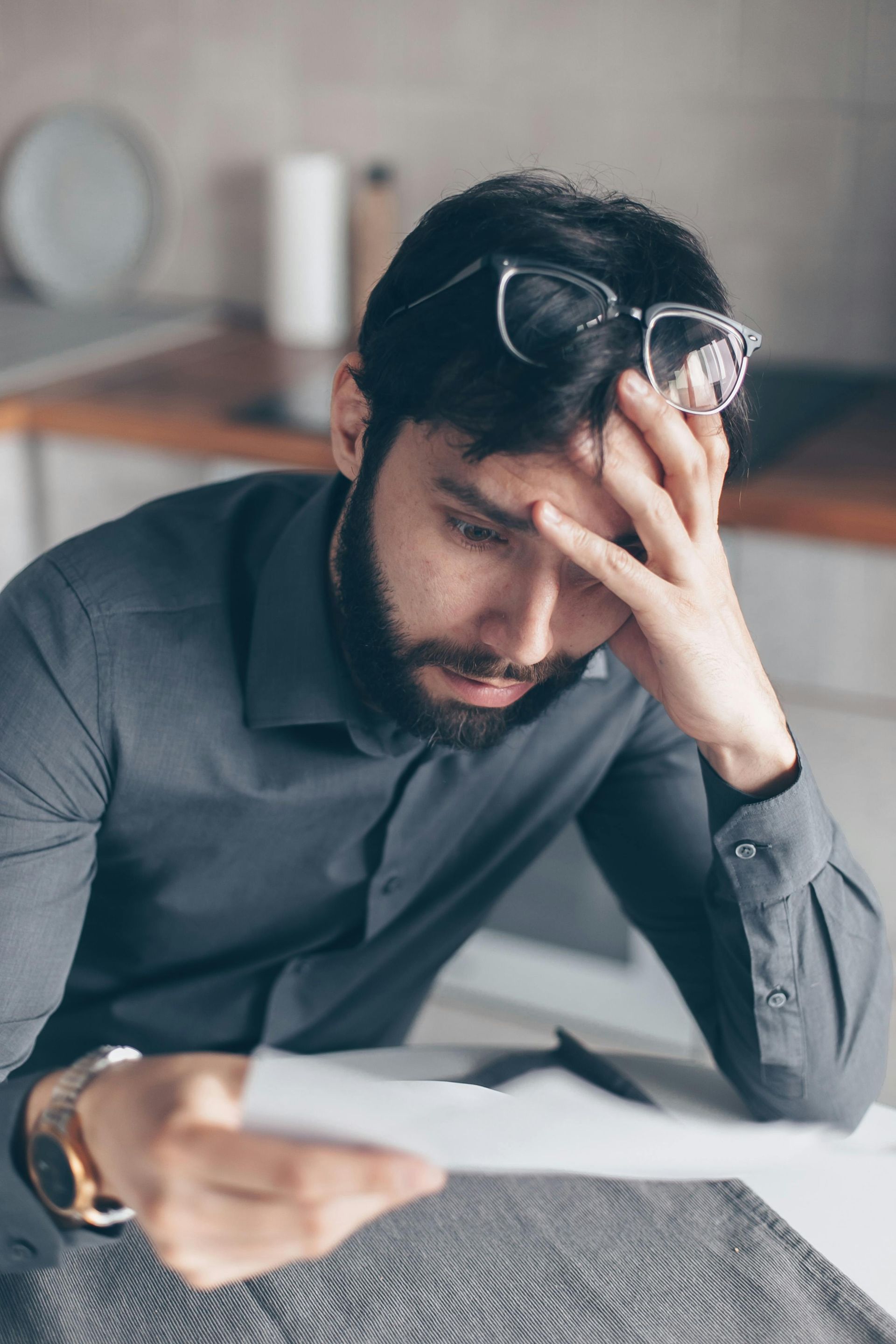
FREE INITIAL ADVICE ABOUT PERSONAL INJURY CLAIMS FROM TRUSTED EXPERTS
Get expert advice from our personal injury specialists to start your claims process. Our free consultation is the first step, assessing your claim, answering urgent questions and explaining the potential compensation you could receive if successful.
CONTACT OUR PERSONAL INJURY SPECIALISTS TODAY
Evidence for Types of Personal Injury Claims
What Evidence Do I Need for Different Types of Personal Injury Claims?
When you are thinking about making a claim, the right proof can be the difference between being heard and being ignored.
Many people worry they have not got enough or feel guilty they did not gather it all at the time. The truth is, most people feel that way and you probably have more than you think. There is often more you can still find and the sooner you look, the more you can protect your position.
Below you will find clear examples for each type of claim. Use these to think about what you already have and what you might still be able to gather. If any of this feels too much, remember you do not have to piece it together alone.
What Evidence Do I Need for a Fatal Accident Claim?
Losing someone you love in an accident is one of the hardest things you can face. It is painful enough to grieve without worrying about gathering paperwork, but the right documents can help you get answers and secure support for your family’s future.
Look for things like a coroner’s report, police investigation files, medical records explaining the cause, and witness accounts. Proof of financial dependency, such as payslips or bank statements, can also help show what has been lost.


What Evidence Do I Need for a Road Accident Claim?
If you have been in a road accident, you may feel shaken, confused and unsure where to start. Small details can make a big difference.
Photos of damage, the accident scene or road conditions, dashcam clips, police reports, medical treatment notes, repair quotes and even messages you sent to family or insurers can all help build a clear picture.
It is normal to feel like you missed something but you probably have more than you think.
What Evidence Do I Need for a Work Accident Claim?
Being hurt at work can bring up worry about your job, your boss and your income. Many people feel nervous about claiming, but your employer has a duty to keep you safe.
Helpful proof includes a report in the accident book, photos of unsafe equipment or work areas, CCTV if available, witness notes from colleagues, medical records and pay slips to show any lost income.
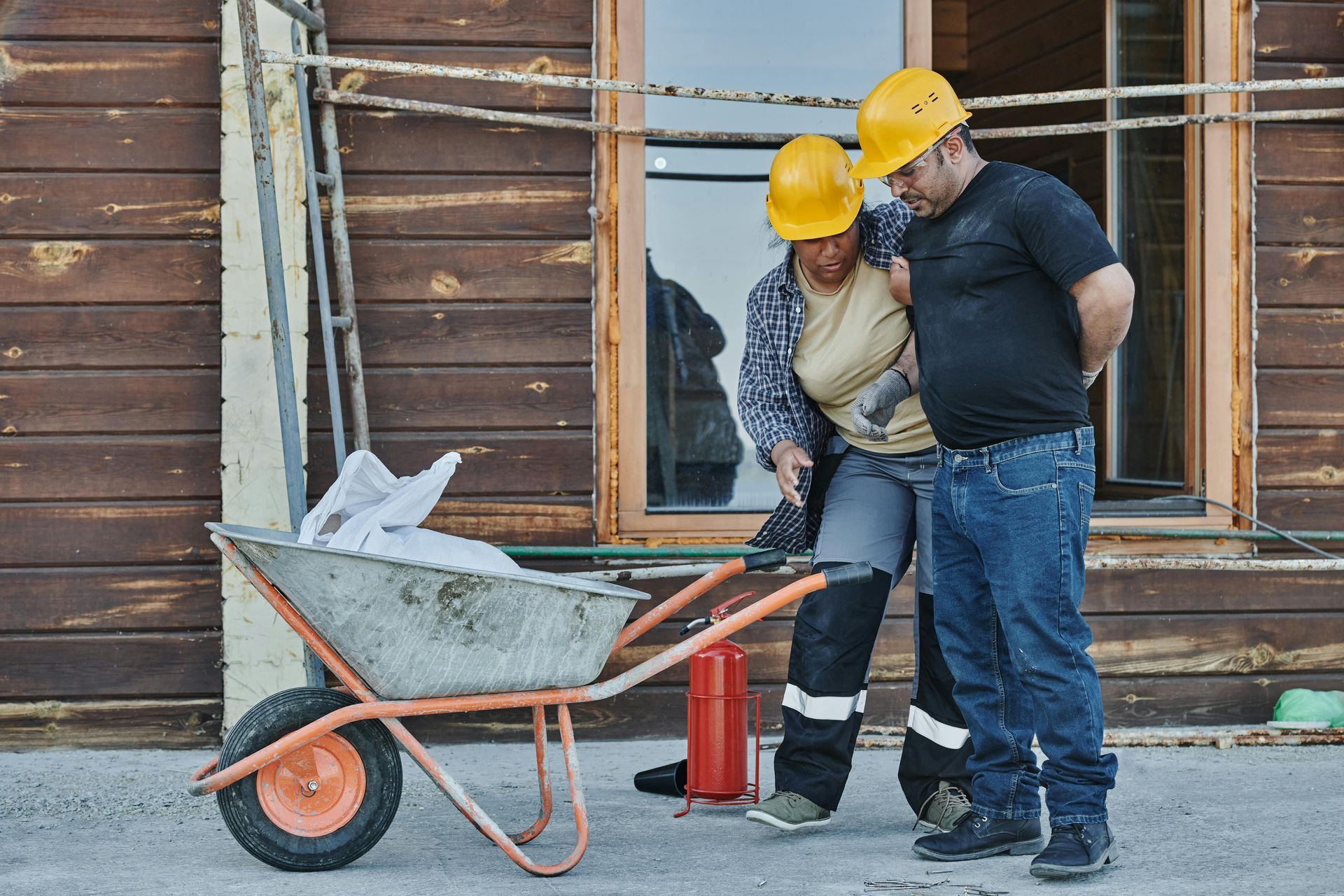
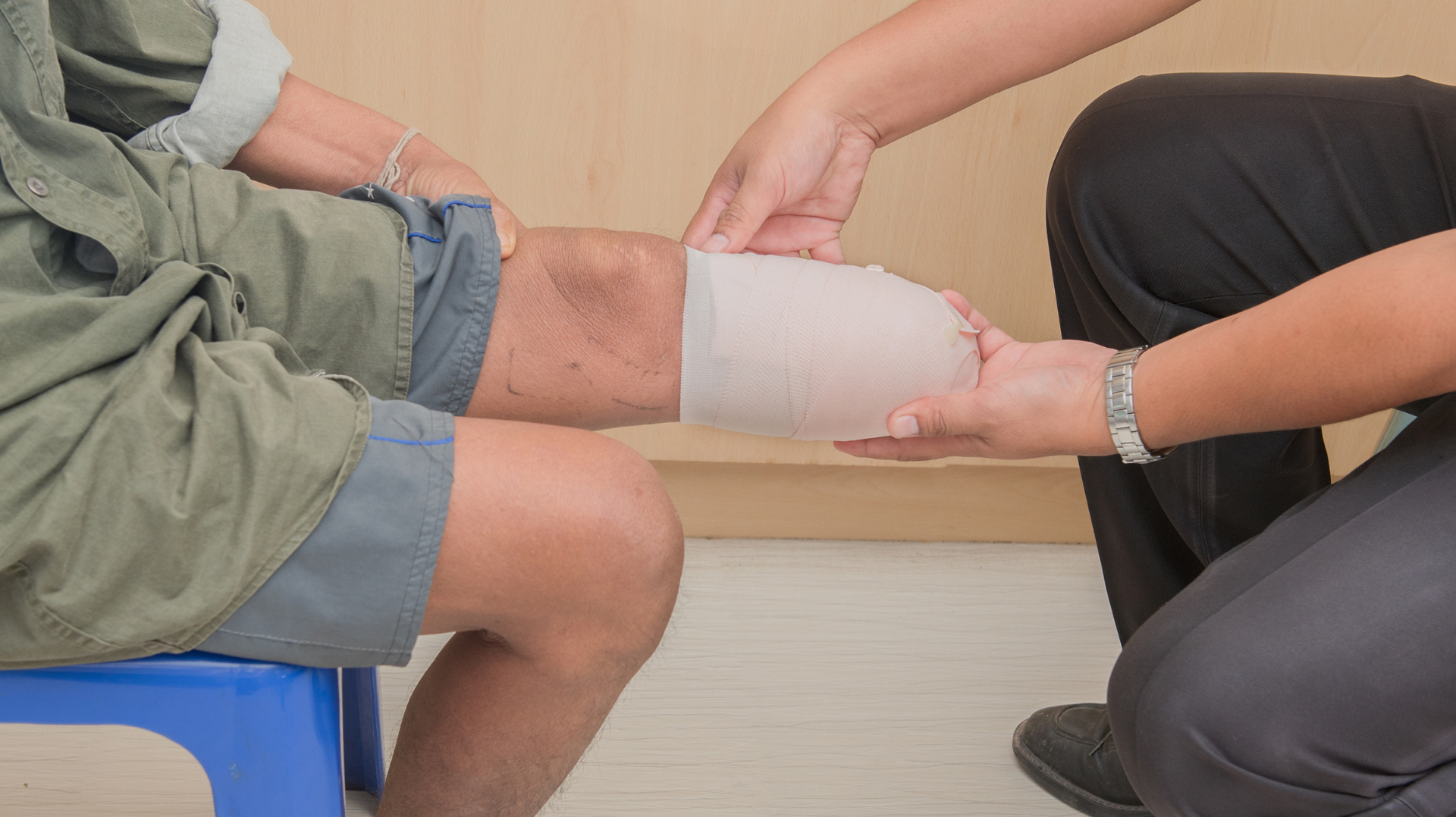
What Evidence Do I Need for an Amputation Claim?
An amputation changes every part of daily life. The right evidence should show not only what happened but how it will affect your health, work and independence in the years ahead.
Keep hospital and surgery notes, rehab plans, photos of your recovery, and letters from specialists about what care or equipment you may need. Expert reports about prosthetics or home adaptations help show what is realistic and fair.
What Evidence Do I Need for a Product Liability Claim?
When a product you trusted causes harm, it can feel daunting to prove it was faulty. Good evidence can help you hold the company accountable.
Keep the product if it is safe to do so. Take photos showing what failed and the injuries it caused. Hold on to receipts, instruction manuals, labels or packaging. An expert report can show how the fault caused the harm. Witness accounts and medical notes can back up your side.
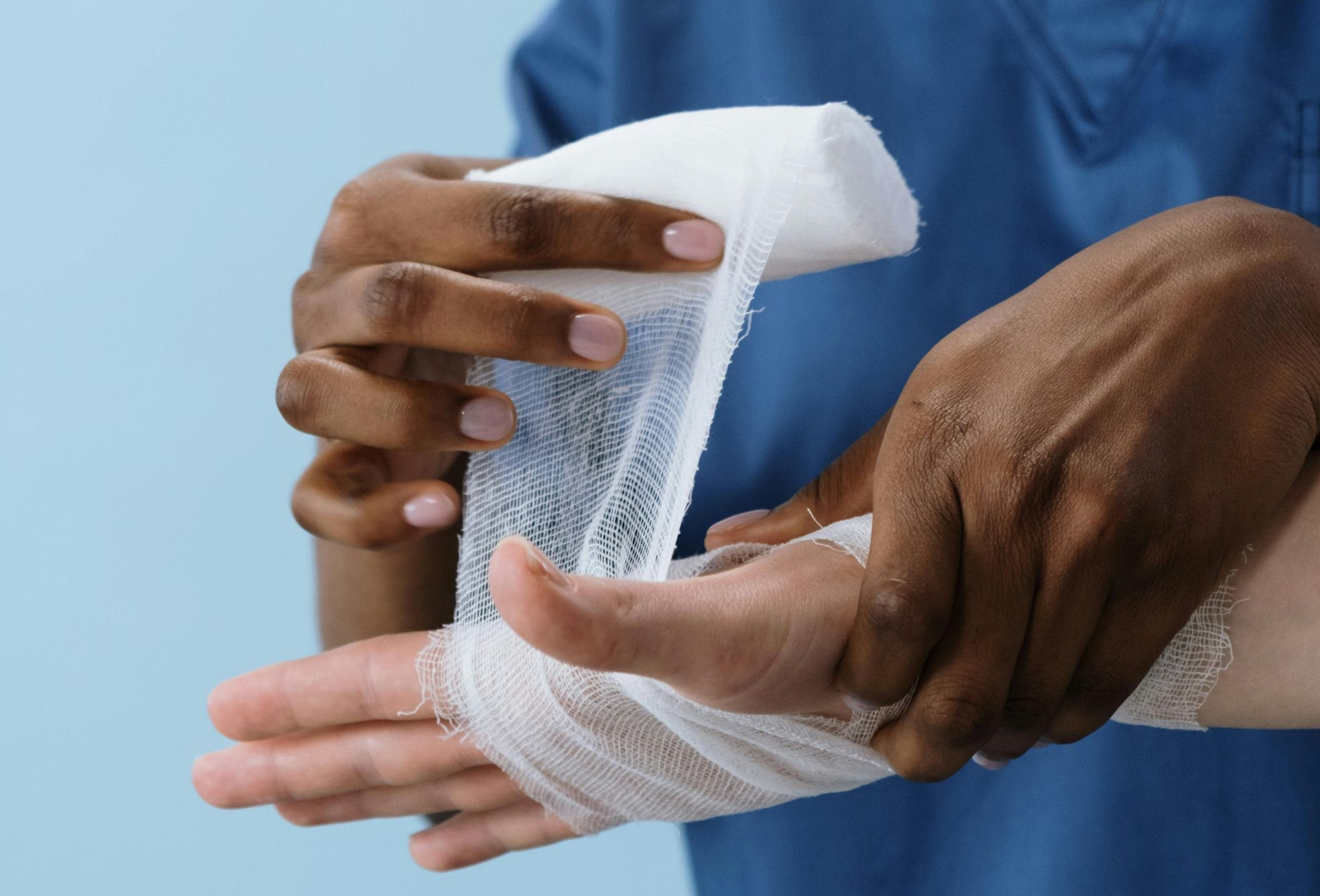
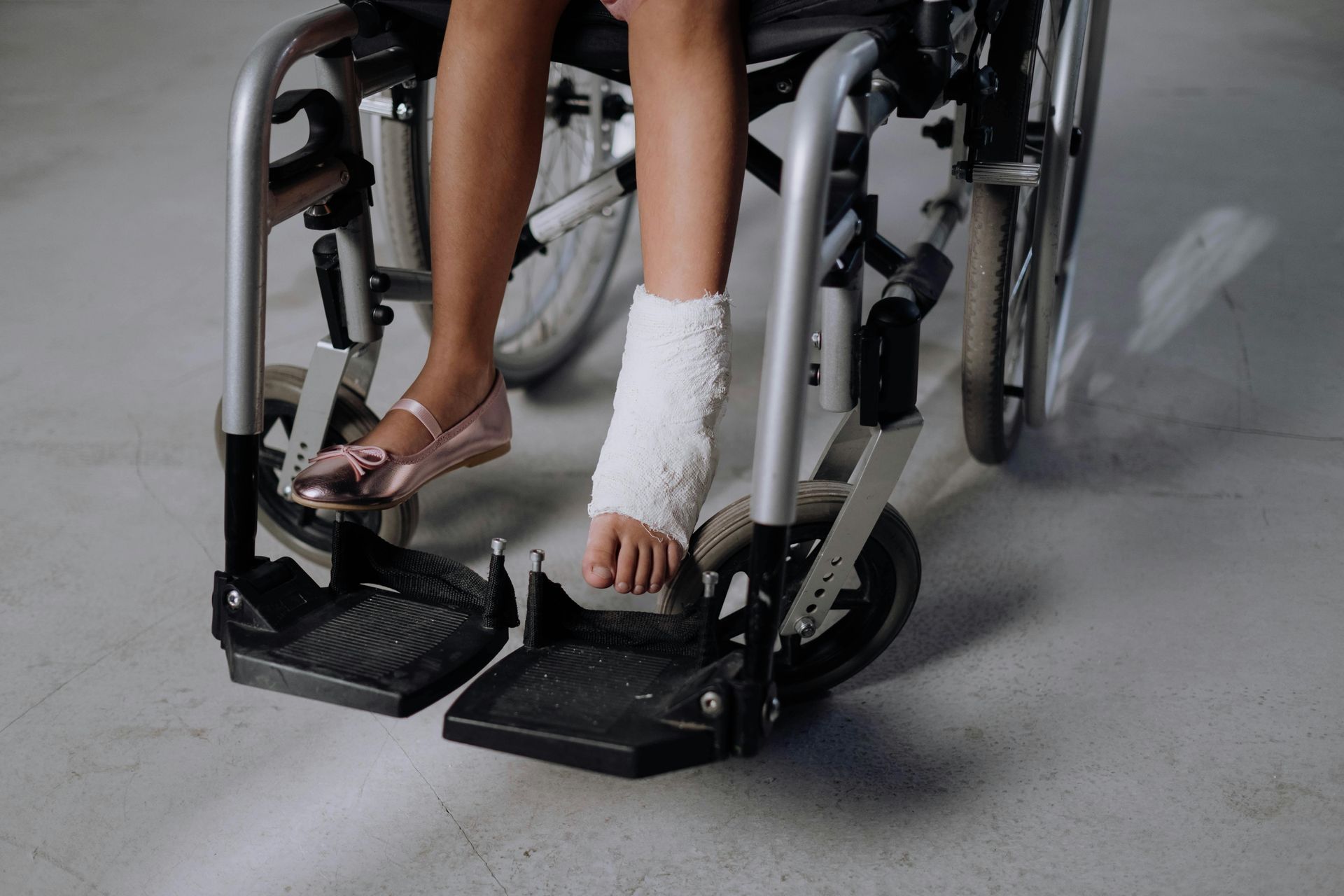
What Evidence Do I Need for a Slip, Trip and Fall Claim?
Slips and trips often feel like bad luck, but they usually happen because a business or council did not keep the area safe.
Photos of the hazard, like a wet floor or broken paving, maintenance logs or cleaning records, CCTV if it exists, witness details, an accident report and receipts for costs such as taxis all help show what went wrong and what you needed as a result. No detail is too small.
What Evidence Do I Need for a Holiday Accident Claim?
Getting hurt on holiday can be stressful, especially when you just want to get back to normal life. Many people do not realise UK law can still protect them for package holidays booked through a UK company.
Take photos of unsafe conditions or hazards, keep medical reports from local doctors and any follow-up treatment at home. Save booking confirmations, hotel incident reports and witness statements from other guests.
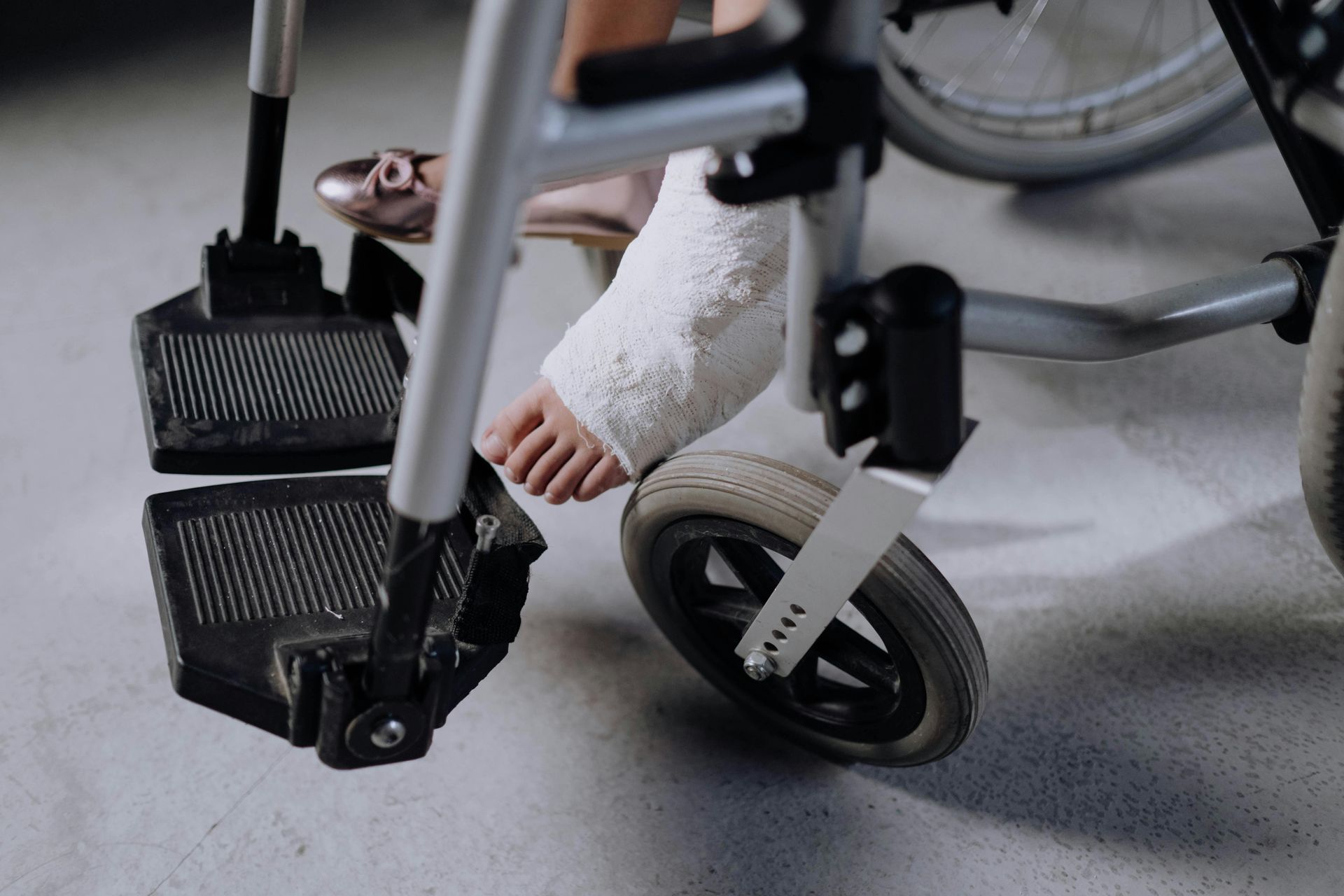

What Evidence Do I Need for a Clinical Negligence Claim?
When medical care makes things worse, you deserve to know the truth and be treated fairly. The right records show what went wrong.
Keep your full medical history from before and after the treatment, any letters or emails with your healthcare provider, photos if your injury is visible, and any complaint letters or responses. An independent opinion can strengthen your claim.
What Evidence Do I Need for a Cosmetic Surgery Claim?
When cosmetic surgery goes wrong, it affects more than your appearance. It can knock your confidence and feel too personal to share. You do not have to stay silent.
Hold on to consent forms, pre-op notes, medical records and any follow-up or corrective treatment paperwork. Photos from before and after can show what changed. Receipts for any extra costs matter too.
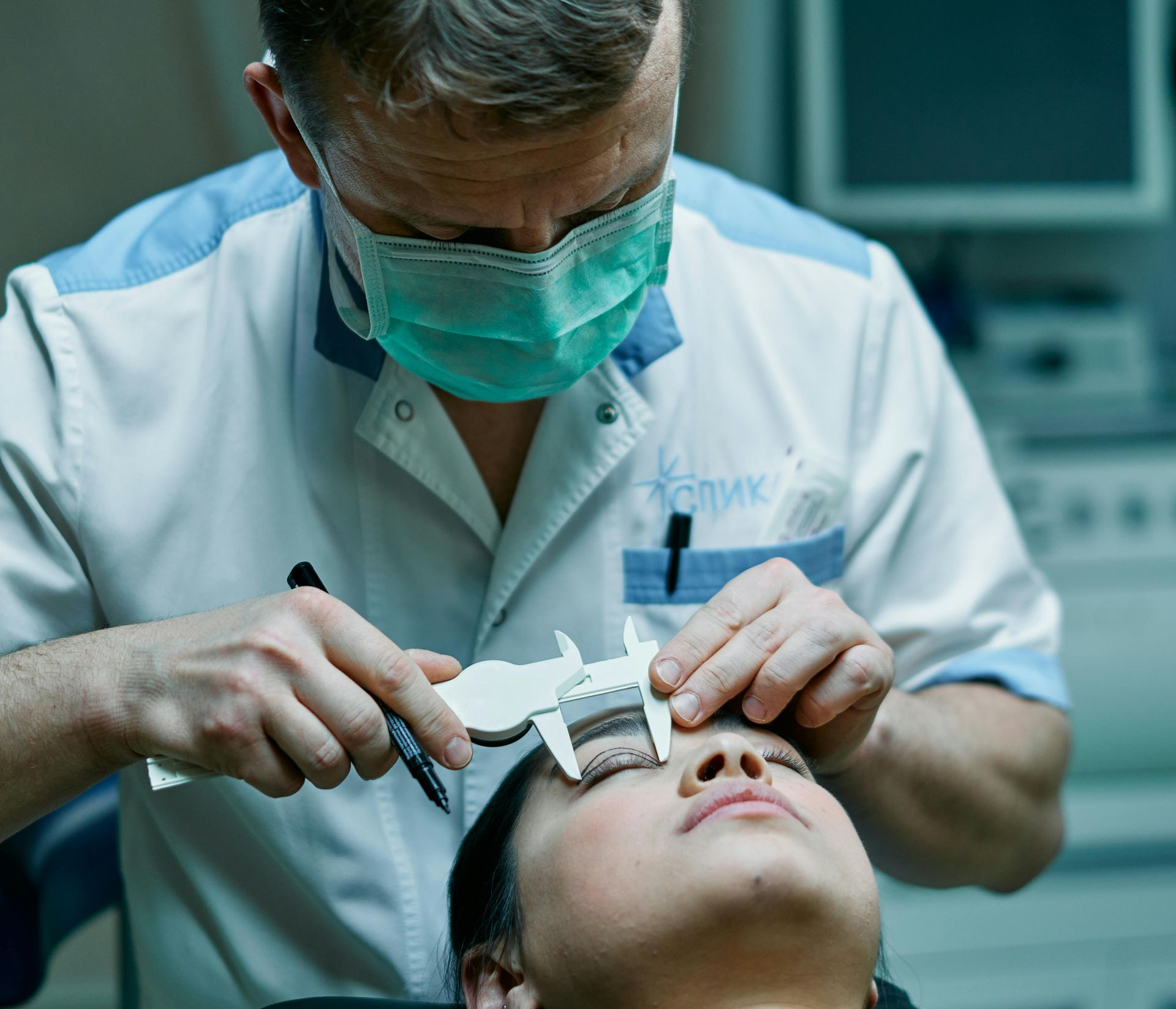
Book Personal Injury Call To Discuss Claim
Need Help Putting Your Evidence Together?
Building a claim can feel overwhelming when you are already coping with the stress of an injury. At Ellis Hass & Co Solicitors, we are here to take that weight off your shoulders. Our team specialises in personal injury cases of all types, from road traffic accidents to workplace injuries and clinical negligence.
We work on a No Win No Fee basis, which means there is no financial risk in finding out where you stand. From the very first call, our focus is on listening to your story, explaining what evidence really matters and guiding you on the next steps with clarity and care.
You do not need to have everything perfectly prepared. We help you make sense of what you already have, identify what is missing and gather the strongest case possible.
With Ellis Hass & Co, you are not just getting legal advice; you are getting a trusted partner who will stand by you throughout the process.
FREE INITIAL ADVICE ABOUT PERSONAL INJURY CLAIMS FROM TRUSTED EXPERTS
Get expert advice from our personal injury specialists to start your claims process. Our free consultation is the first step, assessing your claim, answering urgent questions and explaining the potential compensation you could receive if successful.
CONTACT OUR PERSONAL INJURY SPECIALISTS TODAY
Personal Injury Claim FAQs
Common Questions About Evidence for a Personal Injury Claim
When you are thinking about making a claim, it is normal to feel unsure about what proof you need or worry you have not done enough.
Many people ask us these questions when they want clear answers and honest guidance to feel more confident about what comes next.
Speak With Personal Injury Experts Today
Protect Your Claim With the Right Evidence - And Clear Next Steps
By now, you have seen how the right evidence can strengthen your case and why even small details can make a big difference. You also know you do not have to gather every piece of proof on your own.
At Ellis Hass & Co Solicitors, we have been trusted by clients across the West Midlands for years to secure fair outcomes in personal injury claims. What sets us apart is the way we combine national-level expertise with a genuinely local, personal service. We pride ourselves on being approachable, clear and supportive from the first conversation right through to settlement.
Our solicitors work with you directly, not through call centres or automated systems. You will have a dedicated expert who listens, understands your situation and explains your options in plain terms. Whether your case involves a road accident, workplace injury, medical negligence or another type of claim, we are here to make sure your evidence is used to protect your rights and secure the best outcome possible.
It costs nothing to talk it through. If you are ready to put your mind at rest and move forward with confidence, book your free introduction call today.
FREE INITIAL ADVICE ABOUT PERSONAL INJURY CLAIMS FROM TRUSTED EXPERTS
Get expert advice from our personal injury specialists to start your claims process. Our free consultation is the first step, assessing your claim, answering urgent questions and explaining the potential compensation you could receive if successful.
CONTACT OUR PERSONAL INJURY SPECIALISTS TODAY
Read next: 8 Mistakes Personal Injury Claimants Make
Learn more:
How Long Does a Personal Injury Claim Take?
READ OUR BLOG POSTS & LATEST NEWS
